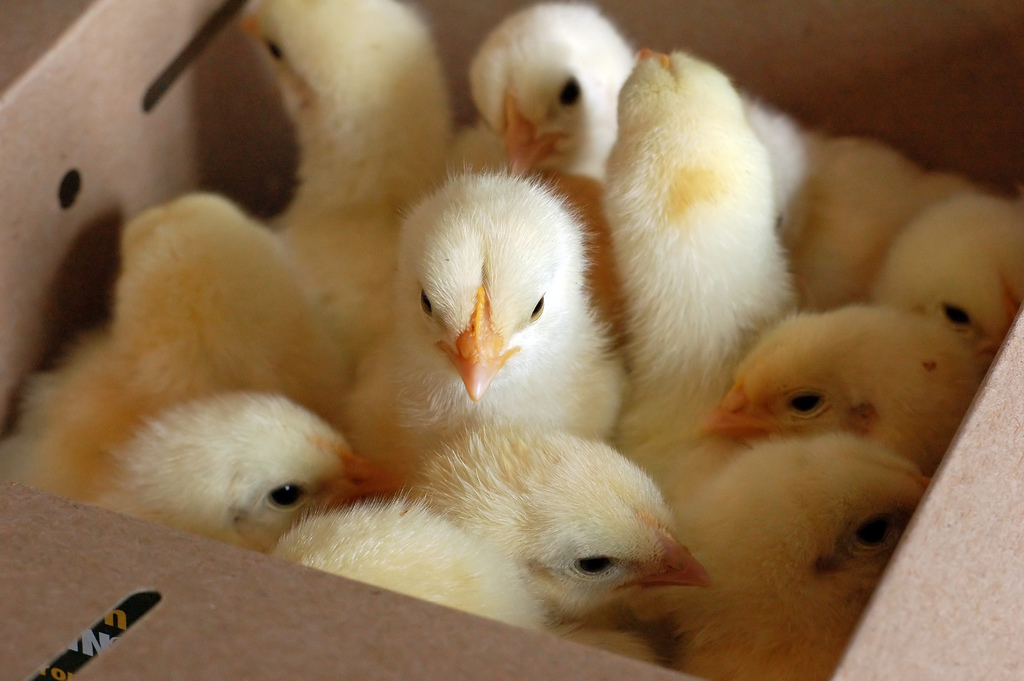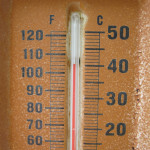UCP Episode 061: Should you get Fall/Winter Chicks? A Discussion with Tyler Danke of Purely Poultry
Description
Springtime is the season most usually associated with getting started with baby chicks. However, autumn (and even winter) can be viable seasons for you to get a jump start on next year’s flock. There are a few marked advantages to getting fall chicks instead of waiting for springtime.
Tyler Danke, owner and operator of Purely Poultry joins me on the Urban Chicken Podcast this week to share his insight on fall/winter chicks.
TOP FIVE REASONS TO ORDER (OR HATCH) SOME FALL CHICKS
There are several advantages to selecting fall chicks over the usual spring ones. The following is a list of the best reasons for getting some new baby birds in now as the trees turn gold and red and the temperatures cool. Let’s count the reasons down:
#5 – Acclimating New Birds to Hot Climates
A good portion of the United States is located in very hot climates. Spring and
summer months in places such as Phoenix, Santa Fe or Mojave have scorching temperatures well above 100 degrees Fahrenheit daily for weeks on end. Extremely hot weather can be very hard on animals living outdoors. Chickens of all ages can struggle with searing temperatures. Starting your flock in fall in the southern United States allows your birds to make the transition from being in an indoor brooder to living in an outdoor coop more smoothly.
#4 – Shipping Eggs to Hot Regions
Another benefit of getting fall or winter chicks which is specific to hot climate regions, is egg shipping safety. For baby birds, being too hot is as dangerous as 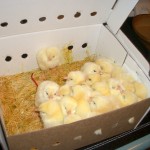 being too cold. On average a chick lacks “homeothermy” for roughly the first week of its life. Homeothermy is simply a fancy way of saying that a creature has the ability to regulate and maintain a stable internal body temperature regardless of external influence. This is why some creatures sweat or pant or shiver – that’s homeothermy in action. Baby chicks do not develop internal thermoregulation for few days after being hatched.
being too cold. On average a chick lacks “homeothermy” for roughly the first week of its life. Homeothermy is simply a fancy way of saying that a creature has the ability to regulate and maintain a stable internal body temperature regardless of external influence. This is why some creatures sweat or pant or shiver – that’s homeothermy in action. Baby chicks do not develop internal thermoregulation for few days after being hatched.
Just before a chick hatches, it absorbs all of the remaining nutrients that were inside of the egg. These absorbed nutrients allows a chick to live for three days without food or water. In a nest scenario, this natural function allows for the mother hens to finish hatching the rest of her clutch of eggs before attending to the early hatchers. Chicks are shipped via the post office from hatcheries when they are just a day old taking advantage of the natural self-containment of hatchlings. Though a newly hatched chick can live without food or water while being over-night delivered, it also cannot regulate its body temperature. Consequently, it is impossible to buy mail order chicks in summer and late spring in hot climate regions. Fall and winter are the only feasible times of year to get mail order chicks in the very hot regions of the United States.
#3 – Staggering Your Flock
When getting your first flock it may be tempting to buy the maximum number of hens allowed under city code (for those who are in urban or suburban areas) all at the same time. There are some marked disadvantages to having all of your flock members aged the 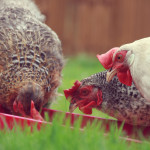 same. The main reason is egg production. If all of your hens are the same age, then they all are eggless while they mature into layers and all barren together when they start aging past their egg-productive years. In a nutshell, all of your hens will be too young and too old for egg production at the same time.
same. The main reason is egg production. If all of your hens are the same age, then they all are eggless while they mature into layers and all barren together when they start aging past their egg-productive years. In a nutshell, all of your hens will be too young and too old for egg production at the same time.
Additionally chickens, especially when they are young, tend to molt on a predictable schedule. There is a school of thought that getting fall and winter chicks would put some of your flock on a different molting timeline than your spring and summer born birds. Molting disrupts egg-production. Stagger your hens’ molting schedules by staggering their birthdays, is one method to keep you in eggs year round.
Lastly, molting affects the competitive showability of a chicken. Having birds with different molting schedules will make it less likely that all of your show birds are too scraggly to take to your local poultry shows to compete.
#2 – Competitive Showing
If you were ever in 4H or have forayed into the world of adult competitive chicken 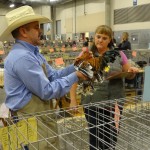 showing, then you know that the maturity of your birds matters. When showing chickens, a fully grown bird has the advantage over a pullet or cockerel. Young birds will not have the same fullness of adult plumage as a fully grown chicken – this is especially true in showing males. Additionally, a young bird will not have yet achieved the full size and weight standard for its breed. The measurements of a bird are a key point on which it is judged in competition.
showing, then you know that the maturity of your birds matters. When showing chickens, a fully grown bird has the advantage over a pullet or cockerel. Young birds will not have the same fullness of adult plumage as a fully grown chicken – this is especially true in showing males. Additionally, a young bird will not have yet achieved the full size and weight standard for its breed. The measurements of a bird are a key point on which it is judged in competition.
Fall chicks in comparison to their springtime counterparts would be more fully grown than and better ready to show well in competition during the chickens shows – which typically are held in summer and fall.
#1 – Eggs, Glorious Eggs!
More often than not, people who are buying their first set of chickens are always surprised by how long it takes before your new hens will start producing. On average a hen will not
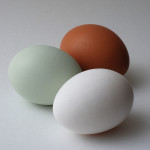 begin laying until she is about 6 months old (though heavier breeds can be even later than that for a first egg). Many a new chicken owner has bought late spring or early summer chicks to have them not produce a single egg before winter.
begin laying until she is about 6 months old (though heavier breeds can be even later than that for a first egg). Many a new chicken owner has bought late spring or early summer chicks to have them not produce a single egg before winter.
Getting your new flock chicks in autumn ensures that you will be eating eggs all summer long. In fact, fall chicks are the best way to ensure that you enjoy the fruits of your flock at the earliest point possible.
SEPTEMBER 25TH – NATIONAL COMIC BOOK DAY!
Today is National Comic Book Day – Hooray! Comic bookstores across the country are giving away free comics in celebration. In the spirit of celebrating all things comics and chickens, I have shared two old comic strips involving chickens. Click on the photos to get a bigger picture. If you are still having a tough time reading the print – just zoom your computer screen to a bigger size on the comics. Enjoy!
“Buster Brown Tries Raising Chickens” – by Richard Outcault, published 1908


